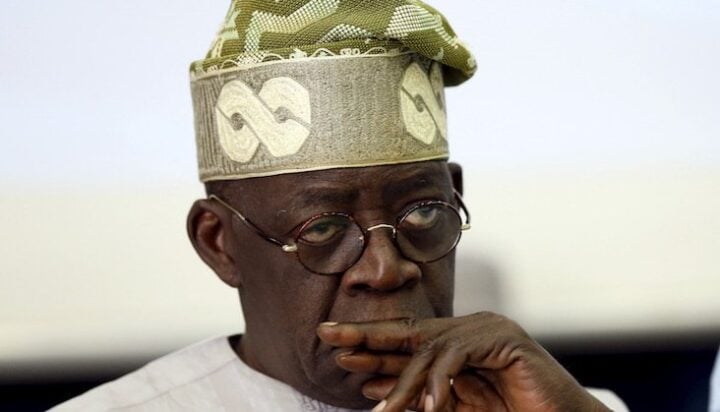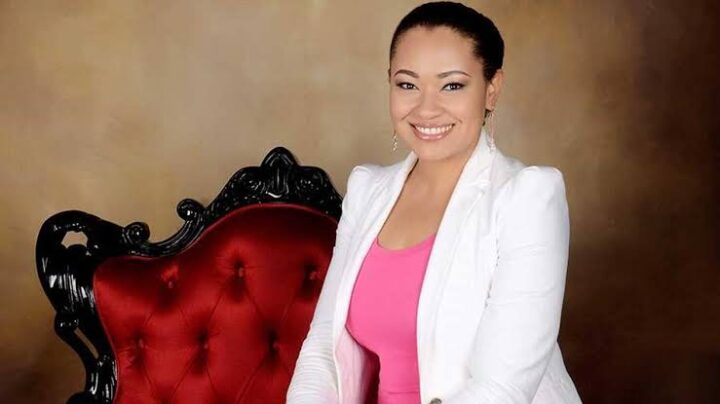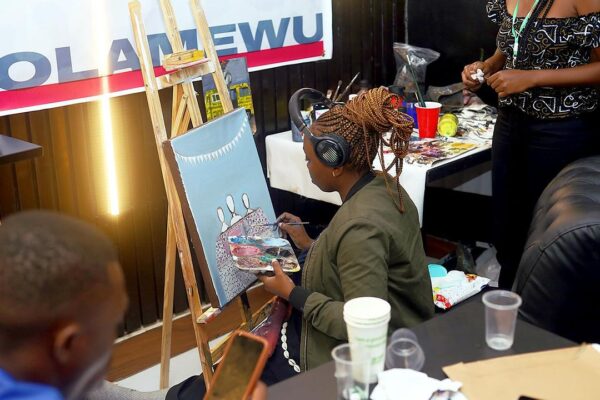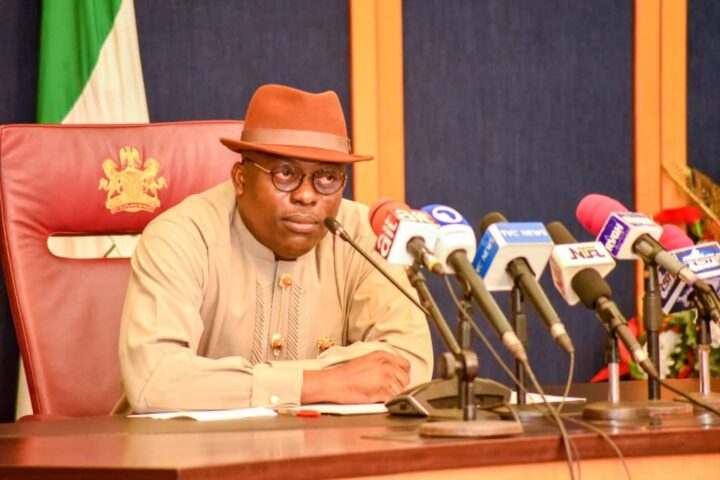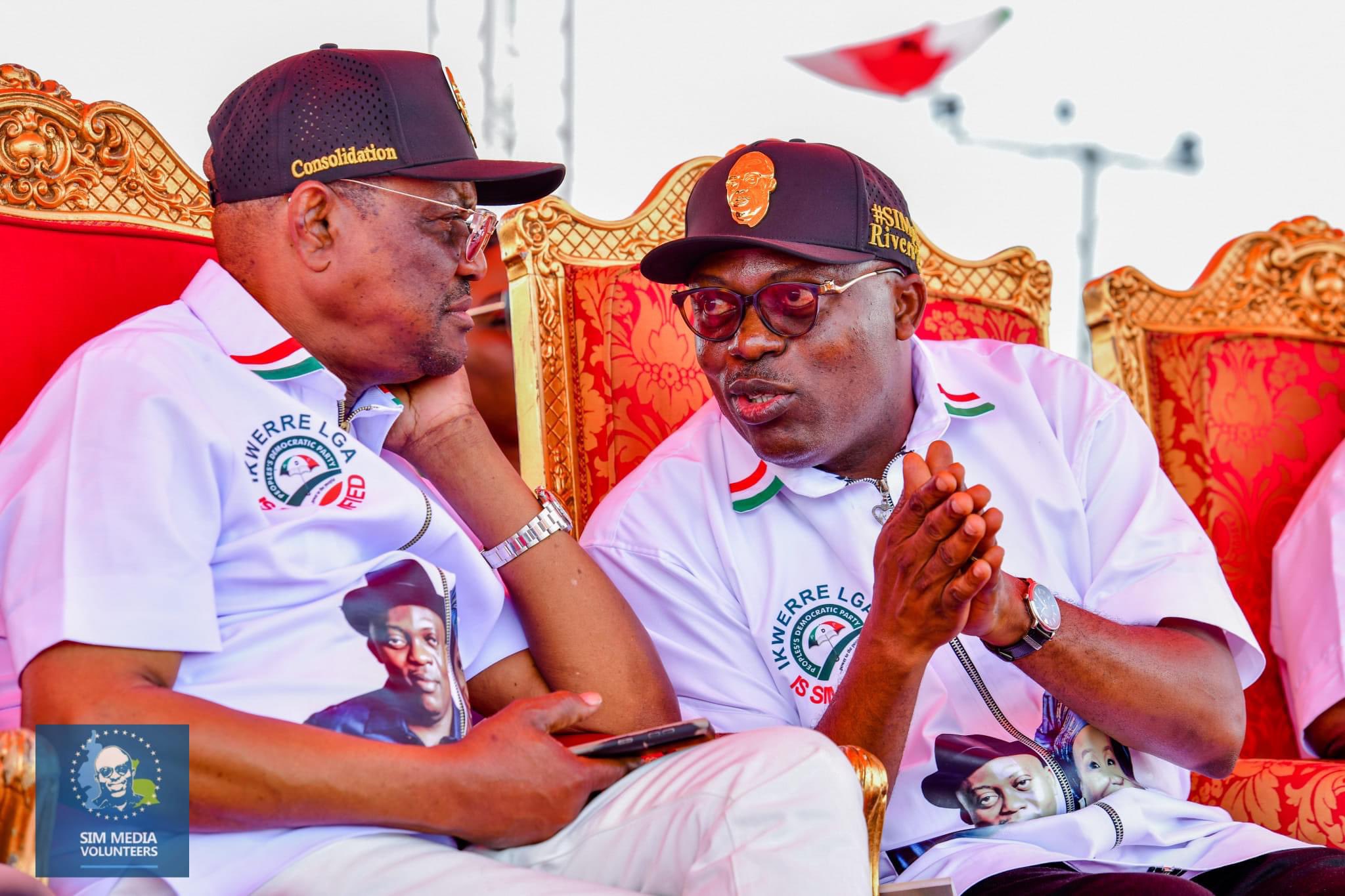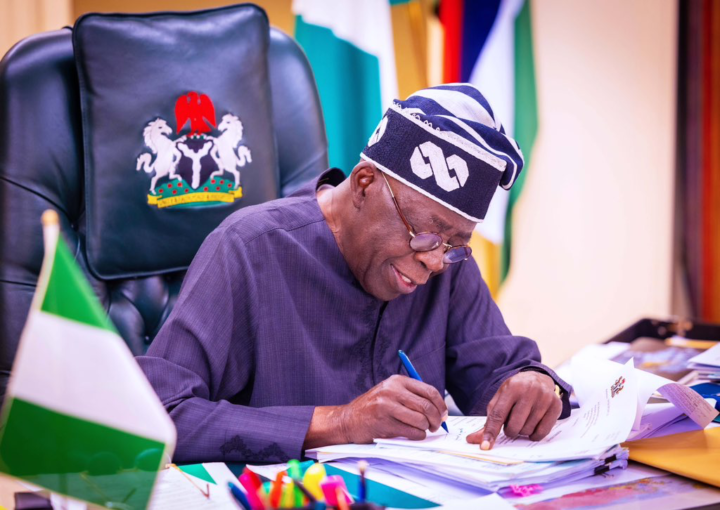President Bola Tinubu has expressed concerns about the dwindling investment in the power sector despite its privatisation, saying more needs to be done to meet Nigeria’s electricity demand.
According to NAN, Tinubu spoke on Monday, at the Nigerian Electricity Supply Industry (NESI) market participants and stakeholders roundtable (NMPSR) in Abuja.
The event was themed, ‘NESI Privatisation and Its 10-Year Milestone: The Journey So Far, Opportunities and Prospects’.
The president, who was represented by Sodiq Wanka, the special adviser on energy and power infrastructure, office of the vice-president, said there was a need for a task force to reposition the sector.
Advertisement
He said the federal government will inaugurate a presidential task force to monitor and ensure the progress of the deployment of key projects in the power sector.
“This includes projects that will help unconstrain the grid, and deliver the full available generation capacity to our homes and factories,” he said.
“We have to create an environment where the worst performers do not continue to drag the sector down.
Advertisement
“All licensees must not only have the technical capacity to deliver on their license but must also have the financial muscle to invest and grow their operations as preliminary analysis shows that distribution companies DisCos today are undercapitalised to the tune of N2 trillion.
“We must facilitate a reorgansation and a recapitalisation process that brings in new partners and new capital to jumpstart performance in this critical sector of the value chain.”
‘POWER SECTOR PRIVATISATION HAS FAILED TO MEET OBJECTIVES’
Tinubu also said the key objectives of the privatisation effort were to improve the efficiency of the power sector, unlock private sector investments, and unleash Nigeria’s potential through an energised economy.
Advertisement
“10 years on, I believe it is fair to say that the objectives of the sector’s privatisation have by and large, not been met. Over 90 million Nigerians lack access to electricity,” he added.
“The national grid only serves about 15 percent of the country’s demand. This has left households and factories to rely on expensive self-generation, which supplies a staggering 40 percent of the country’s demand.
“What is worse, is that the total amount of electricity that can be wheeled through the national grid has remained relatively flat in the last 10 years. The grid capacity has increased from just over 3,000 megawatts to over 4,000mw today.”
Tinubu said the federal government fully realised that this plan could not be achieved without a new trajectory for the power sector.
Advertisement
He, therefore, reiterated the government’s commitment to providing the enabling environment that would unleash private sector capital in the power sector.
“The private sector will find in the government a true partner, willing to listen and to unblock the challenges they face as we collectively electrify Nigeria,” the president said.
Advertisement
On his part, Adebayo Adelabu, minister of power, said it was pertinent for all stakeholders in NESI to come together in a roundtable to discuss the reasons behind the failure of the sector’s privitisation.
“Most countries throughout the world do not privatise their electricity supply value chain from generation to distribution,” he said.
Advertisement
“Bad enough that we have done this, how can we work around the current status to achieve our priorities and objectives?
“It is not a job for just one person or stakeholder. Everybody has a role to play. So, we must all come together strong to achieve success in the power industry.”
Advertisement
Adelabu said 10 years down the line of privitasation, there is a need to look at the technical capacities and investments made by the distribution companies (DisCos) and the generation companies (GenCos).
Add a comment
